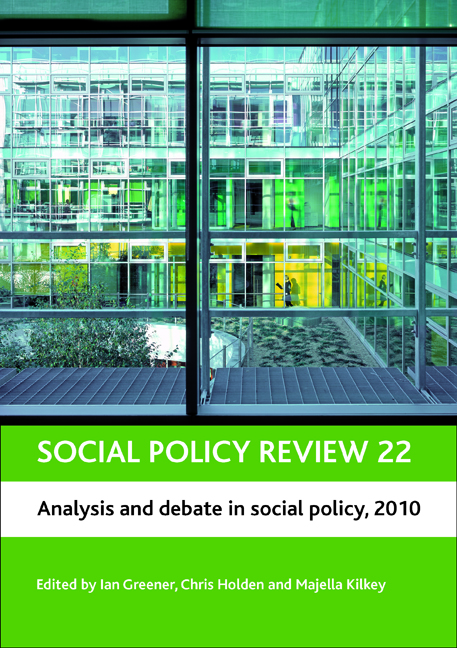seven - Facing the ‘dark side’ of deregulation? The politics of two-tier labour markets in Germany and Japan after the global financial crisis
Published online by Cambridge University Press: 01 September 2022
Summary
Second thoughts about liberal labour market reform
For much of 2009 Germany and Japan appeared to be among the countries most severely affected by the global economic and financial crisis. Apart from a steep decline in quarterly growth rates, they also experienced dramatic employment adjustment processes unseen perhaps since the 1970s. A closer look reveals, however, that the increased unemployment risk in both countries so far has been shouldered almost exclusively by a distinct class of non-regular employees who together account for over 30% of total salaried employment. By March 2009, for instance, more than a quarter of all temp agency workers in Germany and a similar number in Japan had been made redundant while the figures for regular employment appeared almost unscathed. The current crisis has noticeably elevated public interest in the alleged ‘dark side’ of deregulation, which includes the risk of a crowding out of regular by non-regular employment, a deterioration of working conditions in general and gaps in the systems of social protection for non-regular employees. German and Japanese media, for example, repeatedly reported on the social hardships faced by some of those who had recently been laid off, such as the realisation that many could not meet the eligibility requirements for unemployment benefits due to termed employment.
They have also questioned the wisdom of German and Japanese governments in the 1990s and early 2000s in gradually liberalising labour law so non-regular employment could expand to its present level. It is not surprising therefore that the ‘social costs’ of labour market deregulation featured prominently in the general election campaigns in Germany and Japan in late 2009. Yet, whether the present uneasiness with partially regulated labour markets and the strong campaign rhetoric will indeed translate into a re-regulation of labour markets looks anything but certain, not least due to the short time period that has passed since the new government coalitions have taken over.
In order to understand the long-term impact of the crisis it is therefore more sensible to look at the political dynamic of labour market reforms and then to see how this dynamic has changed due to the current crisis. This is what the chapter intends to do.
- Type
- Chapter
- Information
- Social Policy Review 22Analysis and Debate in Social Policy, 2010, pp. 149 - 172Publisher: Bristol University PressPrint publication year: 2010

